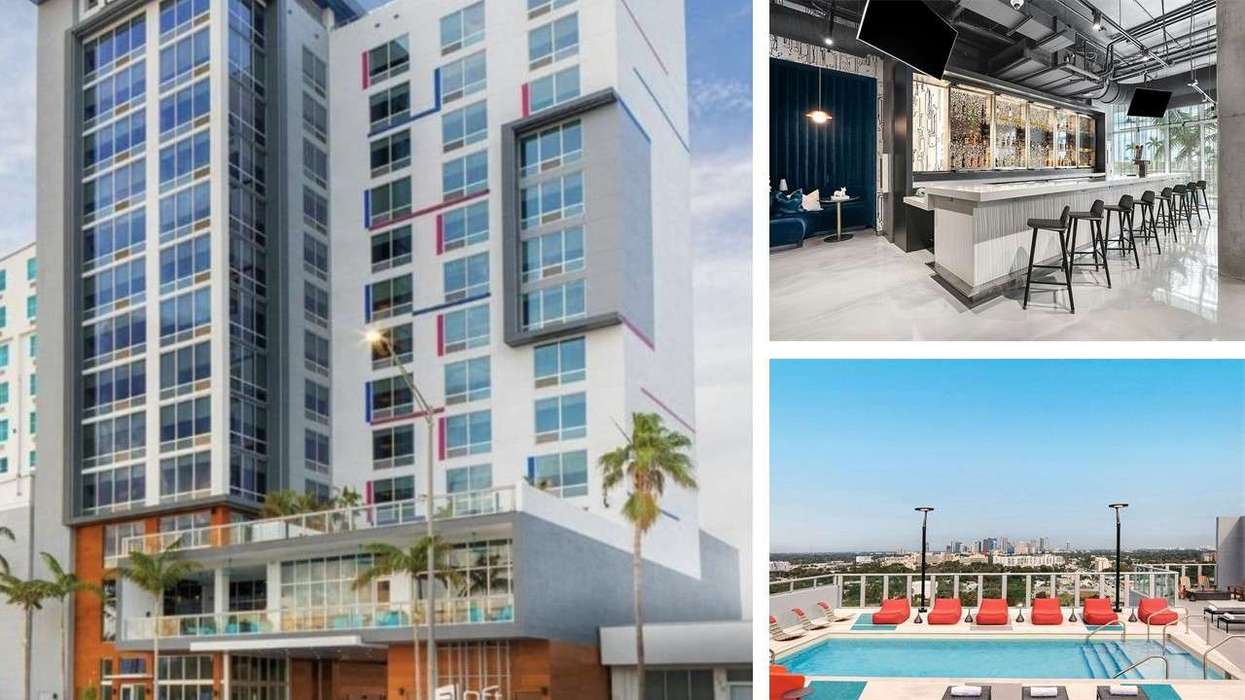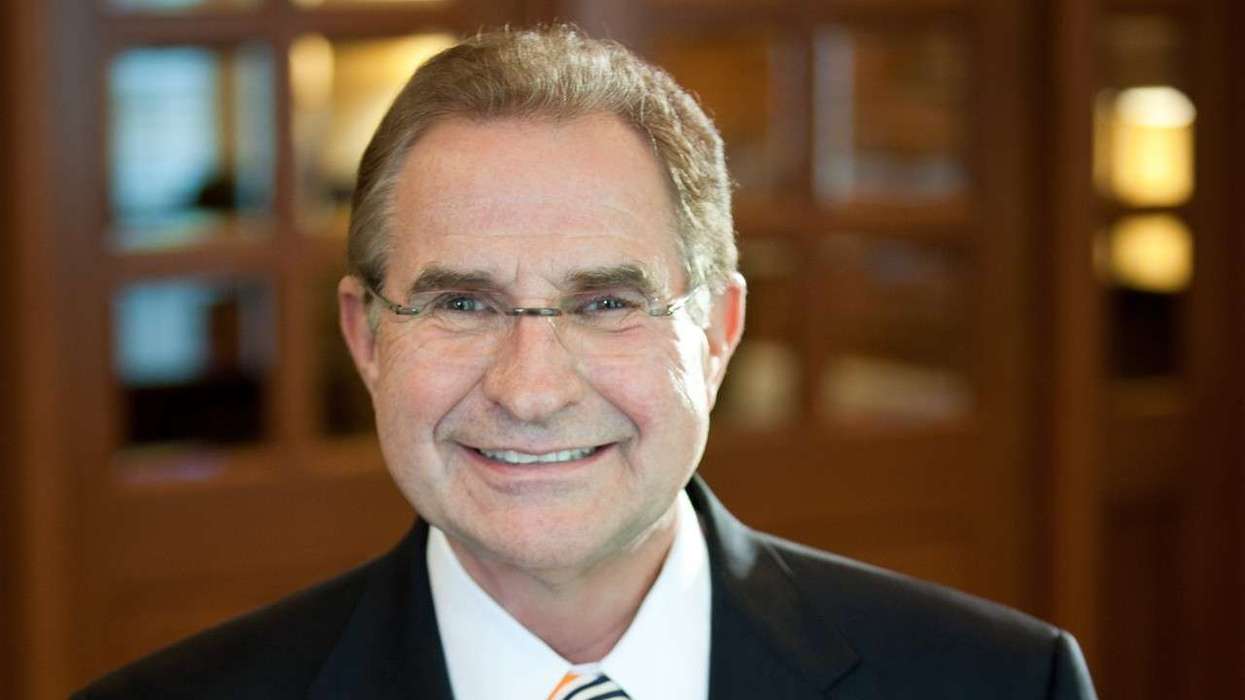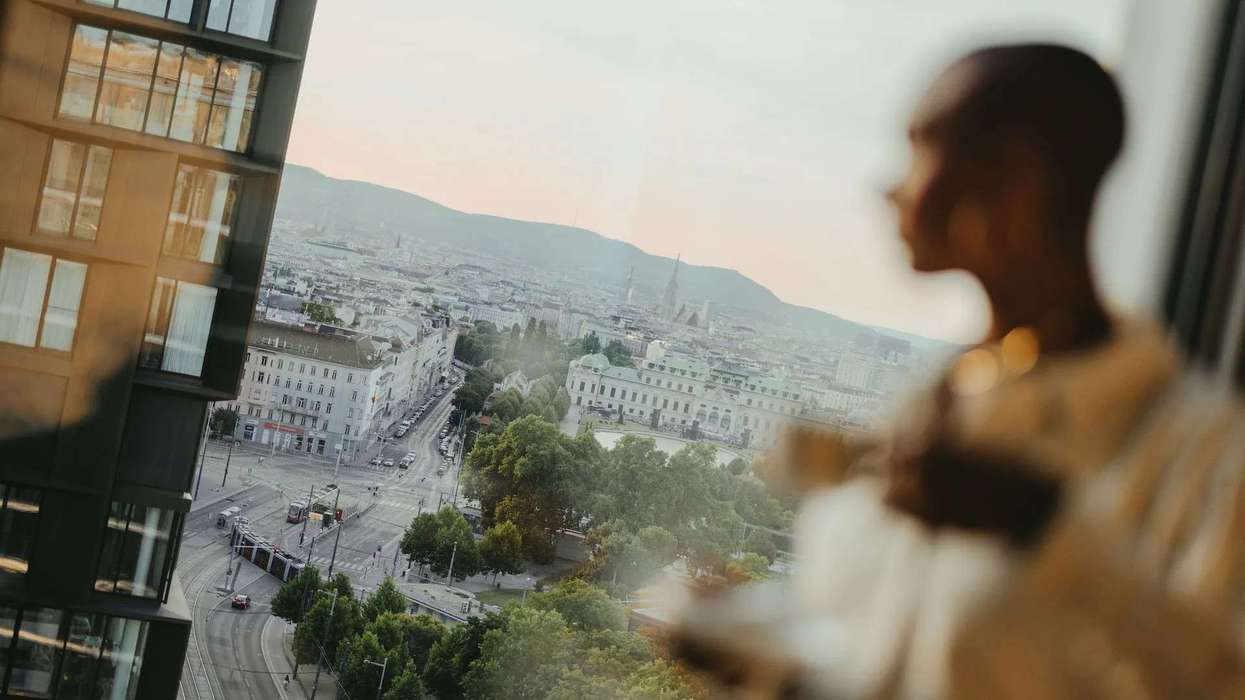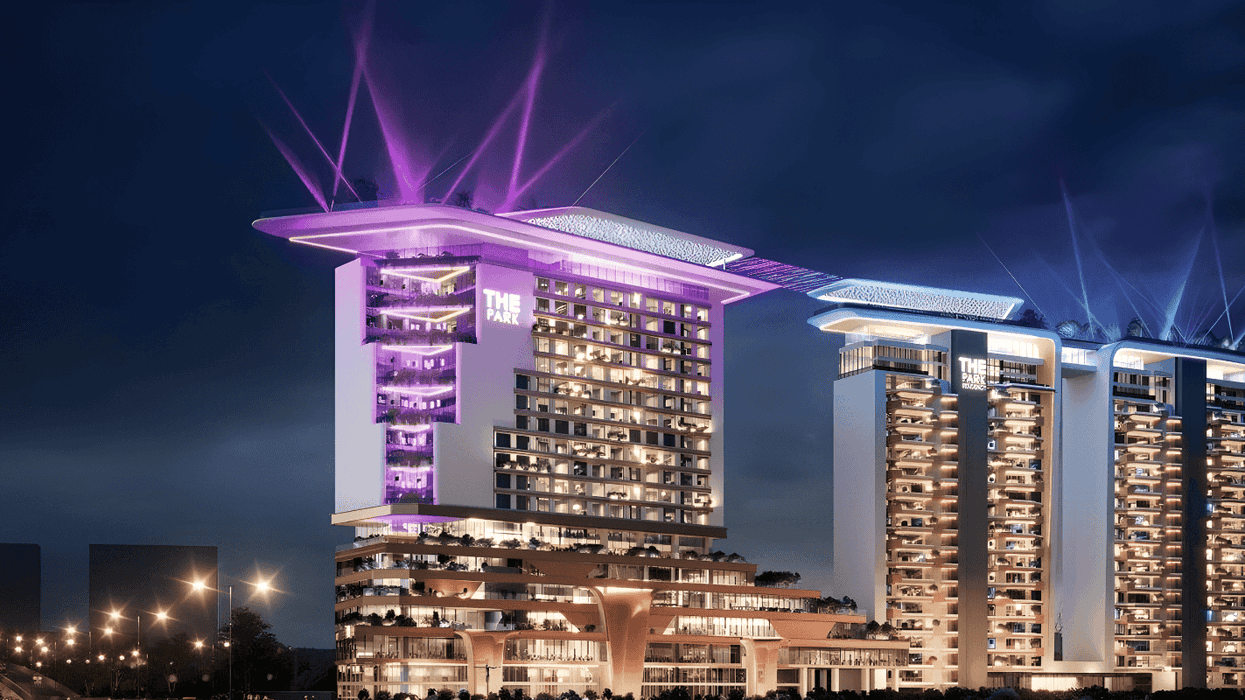Boutique Hotel Report 2025: U.S. Performance Highlights 2024
THE BOUTIQUE HOTEL segment outperformed many comparable U.S. hotel classes in 2024, driven by strong market appeal and pricing power, according to The Highland Group. With demand growth tracking closely with supply over the past seven years, the segment shows long-term stability.
Based on data from the Boutique Hotel Report 2025, boutique hotels—including lifestyle properties, soft brand collections and indie boutiques—have emerged as strong alternatives to traditional hotels.
“With an intent to heighten the travel experience, boutique hotels intrigue through design, storyline, food and beverage, and unique amenities,” said Kim Bardoul, The Highland Group’s partner. “The segment consistently performs well with solid occupancies and, in many cases, a premium in rate over traditional hotel types.”
Occupancy for boutique hotels ranged from 57 percent to 71 percent in 2024, compared to 66 percent to 69 percent in comparable classes, the report said. ADR spanned 141 dollars to 440 dollars, exceeding the 134 dollars to 353 dollars range for similar properties. Indie boutiques in the luxury class and soft brand collections in upper-upscale and luxury segments delivered strong EBITDA margins, outperforming many full-service hotels.
Lifestyle hotels
Lifestyle hotels, typically affiliated with major brands like Marriott International, Hilton Worldwide Holdings and IHG Hotels & Resorts, offer standardized brand elements with a local flavor. As of year-end 2024, there were 716 lifestyle hotels in the U.S., totaling 119,781 rooms—a 4.5 percent increase over the previous year. Most properties fall within the upscale class at 51 percent and upper-upscale at 30 percent.
In the upscale class, lifestyle supply grew 16 percent annually since 2017. Occupancy held in the low 70 percent range, while ADR rose 34 percent since 2021 to 186 dollars, driving RevPAR to 132 dollars. Upper-upscale lifestyle hotels achieved 70 percent occupancy, a 227-dollar ADR and 160-dollar RevPAR in 2024. Luxury lifestyle hotels, despite some volatility, reported a 380-dollar ADR and 262-dollar RevPAR, both above U.S. luxury averages.
Soft brand collections
Soft brands appeal to developers seeking flexibility in design and operations. In 2024, there were 655 soft brand hotels with 110,594 rooms, representing 2 percent of U.S. supply. The segment grew 9 percent in 2024 alone.
Among upper midscale soft brands, occupancy held at 50 percent, ADR was 141 dollars and RevPAR reached 80 dollars. Upper-upscale soft brands posted 68 percent occupancy, 253-dollar ADR and 173-dollar RevPAR, outperforming national averages. Luxury soft brands recorded 67 percent occupancy, a 343-dollar ADR and 231-dollar RevPAR.
Indie boutique hotels
Operating independently from franchise systems, indie boutiques emphasize local design and programming. Notable groups include 21c Museum Hotels, Virgin Hotels and Valencia Hotel Collection.
In 2024, there were 968 indie boutique hotels in the U.S. totaling 106,646 rooms. Despite 2,200 new rooms opening, net supply declined 6.5 percent due to closures and reclassifications. Indie boutiques now make up 1.9 percent of total U.S. inventory and have grown 2.5 percent annually since 2010.
These hotels are concentrated in luxury at 54 percent and upper-upscale at 24 percent. In 2024, upper midscale indie boutiques posted 62 percent occupancy and a 143-dollar ADR. Upscale properties recorded 69 percent occupancy and a 193-dollar ADR. Luxury indie boutiques led the segment with a 440-dollar ADR and 295-dollar RevPAR.
Outlook
Boutique hotels are well positioned to meet rising demand for distinct travel experiences. With limited distribution and strong returns, opportunities exist in both primary and secondary markets. A recent Flywire Corp. report found that 80 percent of travelers are willing to pay more for wellness and exclusive experiences, reinforcing boutique hotels’ growth potential.
A recent Flywire Corp. report found that about 80 percent of travelers are willing to pay more for well-being experiences and unique access to feel recharged next year.






